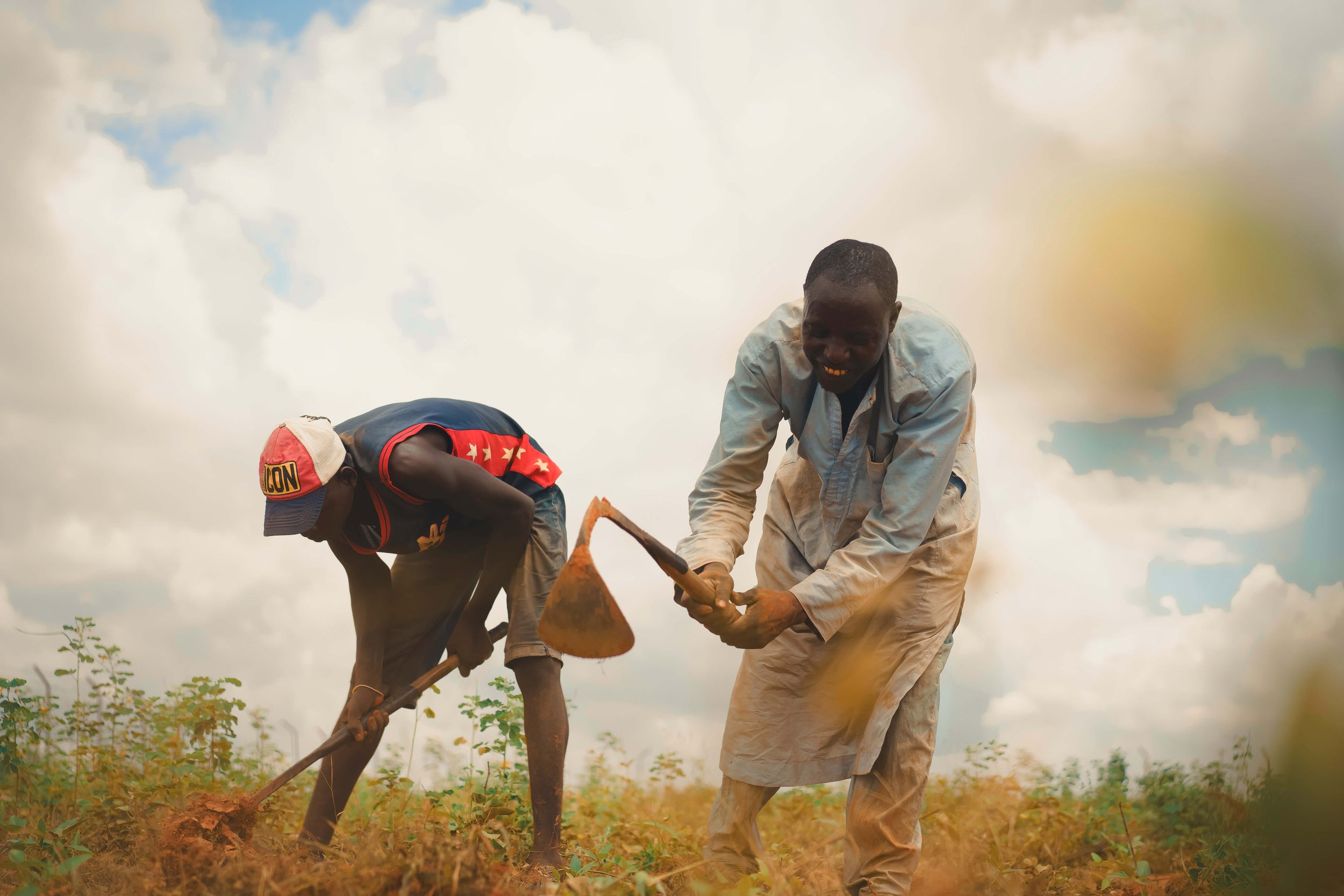Our policy work is centered around some of the key issues that must be addressed when dealing with concepts of climate governance that intersect development gaps, adaptation and resilience, energy justice, transition finance, and income inequality.
We conduct research, policy and data analysis, capacity building, and convene a community of practices in an effort to review, analyze and recommend innovative political and diplomatic measures to be taken to respond to the climate crisis.
This work seeks to advance climate governance through active participation in decision making platforms, and by examining policies and governance trends as it relates to climate change and energy transition. We find this work integral in ensuring decisions made at the diplomatic and policy level have interest of the masses at its core, and are made with result-driven intentions especially at a time when governments are being used to sign up to global agendas that mostly benefit international allies and much less the African people.
Policy
Our policy work is segmented based on regional relevance where Climate Security focuses on five Sahelian countries (Nigeria, Niger, Lake Chad, Mauritania, and South Sudan). Energy and Finance has an African-wide focus, while adaptation and resilience is focused on driving change at a national level in Nigeria.
-
The energy and finance workstream is vested in the need to develop sustainable energy infrastructure that provide viable pathways for African economies to truly transition; taking into account socio-economic and political structures of many African countries. Given Africa’s complex political economy, transition risks are calculated at the cost of job loss and unemployment, energy poverty and inefficiency, stranded assets and so on.
To ensure a fair transition, and put Africa on a low carbon economic pathway, a framework to enable this process must be designed and centered around long-term planning for sustainable social and economic development, energy access, economic equity and infrastructural development in general.
For this to be achieved, we promote a phase out of fossil fuel that directs financial investment into developing RE infrastructure, while creating frameworks that reduce transition risk and economic shocks for countries through public engagement, diplomacy and capacity building to influence governance and decision making.
Our energy and finance work seeks to accelerate energy transition by demonstrating the urgency to deploy financial resources and instruments into developing and strengthening Renewable Energy infrastructure in African countries. Through campaigning, policy research and capacity building, we aim to create a pathway that ensures both short and long term visions for energy transition in Africa takes into account socio-economic dynamics, while enabling policies that increase international finance for RE.
-
Climate security is one of the direct impacts of the climate crisis on peace and security, as evidently seen in many fragile and conflict-prone zones in the Sahel. The effects of climate change can exacerbate food, water, and livelihood insecurity, which could cause increased competition over natural resources, leading to social disruptions, conflicts and displacement.
Increased levels of poverty as a result of the climate crisis can exacerbate existing vulnerabilities of socio-economic fragility, and political upheavals in already fragile regions; these impacts can escalate security challenges and worsen instability affecting men and women disproportionately, which in itself increases the margin of economic and gender inequalities in security perspectives.
Our work in this area creates knowledge and advocacy around the implications of climate security as a threat multiplier that could disrupt or impede climate action or even delay adaptation interventions depending on severity of the situation.
We conduct research, publish policy briefs, and build professional capacity around strategic ways to respond to the urgency of climate security threats. Our approach is centered around aligning climate action with development goals, and ensuring efforts are centralized to conflict prevention and peacebuilding.
The challenges of climate and security creates an avenue for renewed commitment in accelerating the pace of the transition, while ensuring transition risks that lead to migration, poverty and insecurity in conflict prone regions are well addressed.
We’re focused on addressing:
Resources conflicts resulting from resource extraction of natural/mineral resources.
Mass displacement and climate induced migration caused by low economic productivity, food and water scarcity or other basic resource scarcity
Insecurity and polarization of groups or people due to tensions resulting from social inequalities and economic instability
Energy and gender dynamics around climate security
-
Our work in this area is centered around supporting policy and governance efforts to ensure frontline communities facing the climate crisis are guided by frameworks that significantly reduce climate risks and its impacts.
Indigenous and local communities manage almost 50% of land on the planet, which up to 2.5 billion people depend on for their livelihoods. These communities have practiced adaptation principles on their lands over generations, developing a deep body of traditional knowledge that can help others understand how to adapt to a changing environment.
Our Adaptation and Resilience work promotes policies and public engagements that protect rights of people and the environment, accommodating different sectors, ecosystems, and communities. We do this through research, knowledge exchange and capacity building with indigenous groups, which informs data analysis and research for policy recommendations.
We incorporate climate justice in resilience building, prioritizing the wellbeing of people and communities most exposed to climate crisis and least able to cope with it. We advocate for policies and practices that protect people and ecosystems through policy regulations and public/diplomatic engagements.







